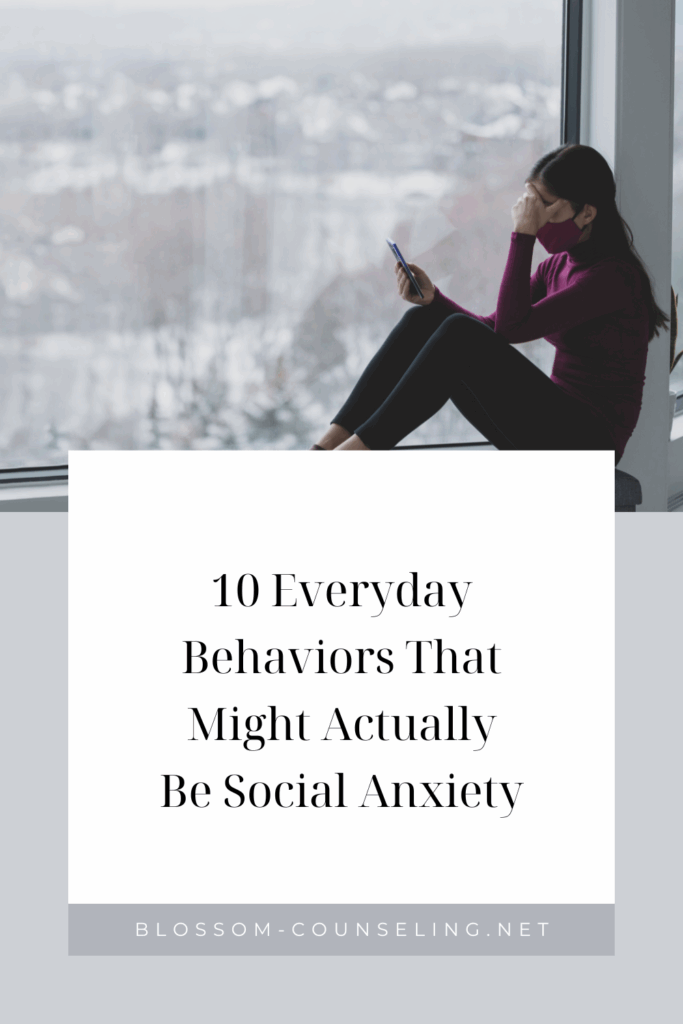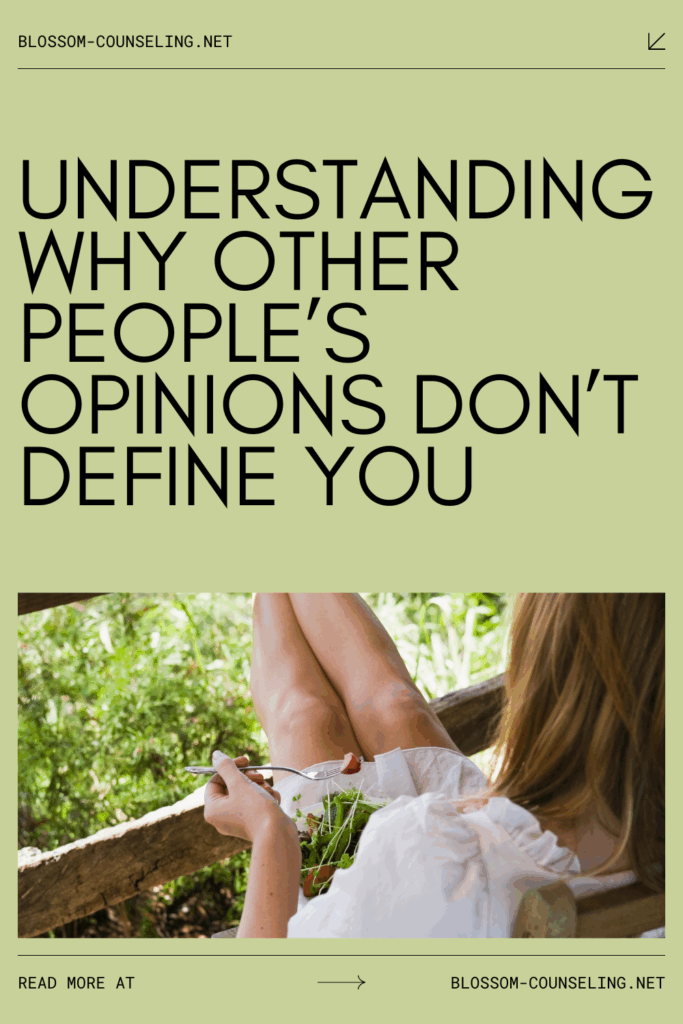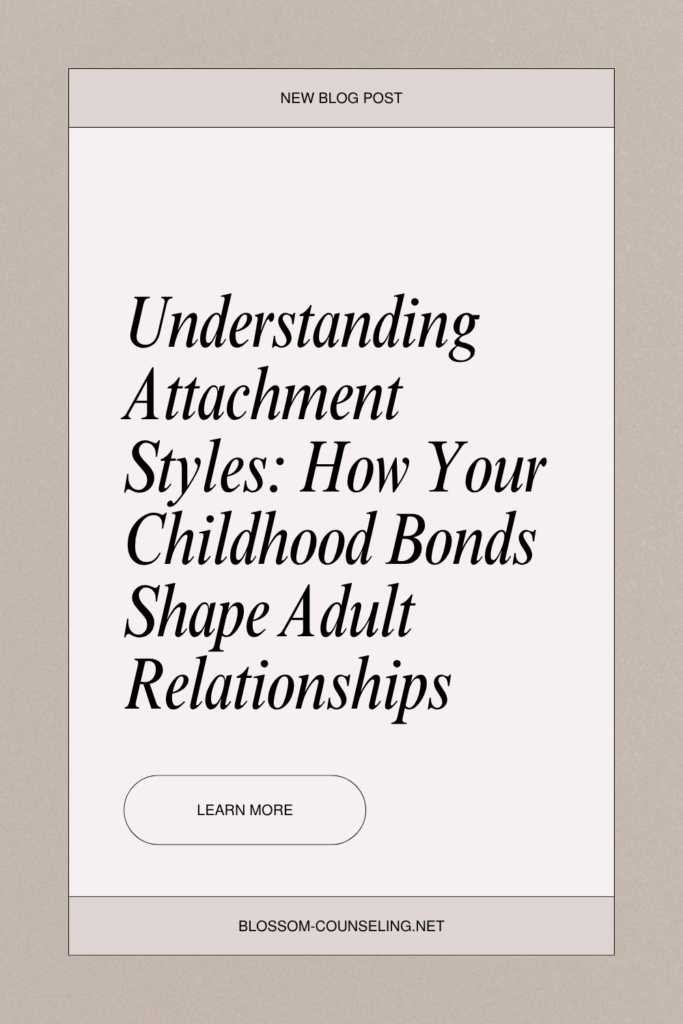Self-awareness is one of those qualities that everyone assumes they have—until reality proves otherwise. It’s the ability to recognize your emotions, understand how your actions affect others, and adjust your behavior accordingly. But for some people, self-awareness is more of a blind spot than a skill.
A lack of self-awareness can show up in small, everyday moments or as a pattern that affects relationships, work, and overall well-being. If you’ve ever wondered why some people seem completely oblivious to how they come across, here are some common signs that self-awareness might not be their strong suit.
1. They Never Take Responsibility for Their Actions
Ever met someone who always has an excuse for everything? When something goes wrong, it’s never their fault. They blame their coworkers, the weather, their childhood, Mercury in retrograde—anything but their own choices. Taking responsibility requires a level of self-awareness that allows someone to acknowledge their role in situations, whether positive or negative.
2. They Overestimate Their Abilities
Confidence is great—until it crosses into delusion. A lack of self-awareness often means someone sees themselves in a way that doesn’t align with reality. They may believe they’re excellent at a skill they barely practice, insist they’re great communicators despite constant conflicts, or claim they “never get angry” while throwing passive-aggressive jabs left and right.
3. They Struggle to Read Social Cues
Self-awareness isn’t just about understanding yourself—it’s also about being attuned to how you impact others. Someone lacking this quality may dominate conversations, interrupt frequently, or completely misread the mood of a room. They don’t notice when people seem uncomfortable, disengaged, or eager to change the topic.
4. They Have a Hard Time Accepting Feedback
Feedback is an opportunity for growth, but for those who lack self-awareness, it feels like a personal attack. They get defensive, shut down, or flip the blame back on the person giving it. Instead of reflecting on how they could improve, they double down on why they’re already right.
5. They Repeat the Same Mistakes Over and Over
Patterns tell us a lot about a person’s self-awareness. If someone keeps running into the same problems—whether in relationships, work, or personal growth—and doesn’t recognize their own role in it, they’re likely lacking insight. They may believe they just have “bad luck” rather than considering how their actions contribute to the outcomes they keep experiencing.
6. They Dismiss Other People’s Feelings
Empathy and self-awareness go hand in hand. Someone who lacks self-awareness might downplay others’ emotions, brush off concerns, or make everything about themselves. They struggle to see things from another person’s perspective, making interactions with them feel frustrating and one-sided.
7. They See Themselves as the Victim in Every Situation
When self-awareness is missing, accountability goes out the window. Someone like this often frames themselves as the victim, even in situations where they had control over their choices. They focus on how they were wronged, ignoring any role they played in the conflict.
Why Self-Awareness Matters
Self-awareness isn’t just about self-improvement—it’s a fundamental part of emotional intelligence. It helps people navigate relationships, communicate effectively, and grow as individuals. Without it, personal and professional challenges tend to repeat themselves in frustrating cycles.
The good news? Self-awareness is a skill that can be developed. It starts with reflection, listening to feedback, and paying attention to patterns. Recognizing these signs (whether in yourself or others) is the first step toward a deeper understanding of who you are and how you show up in the world.




